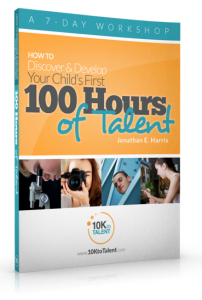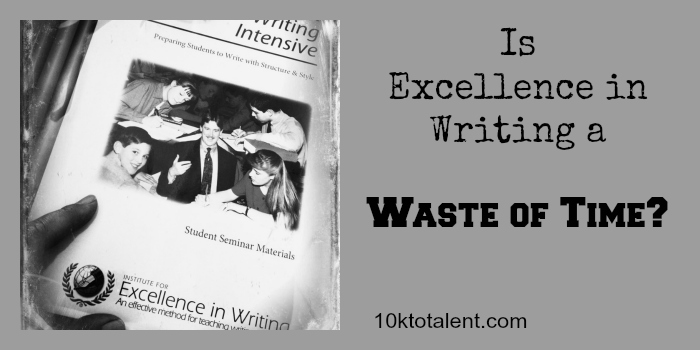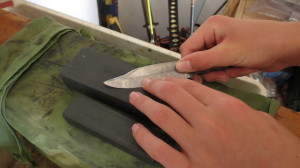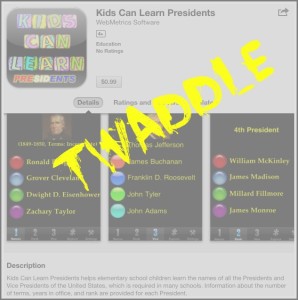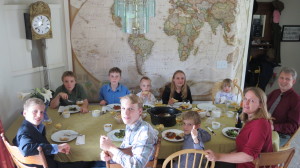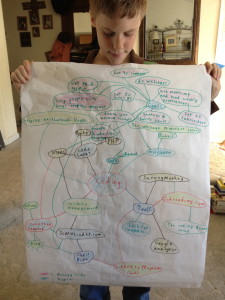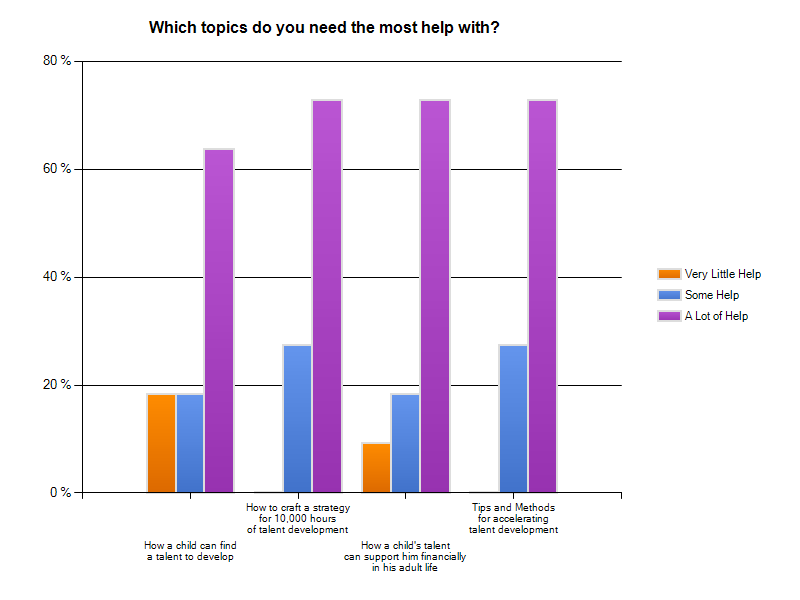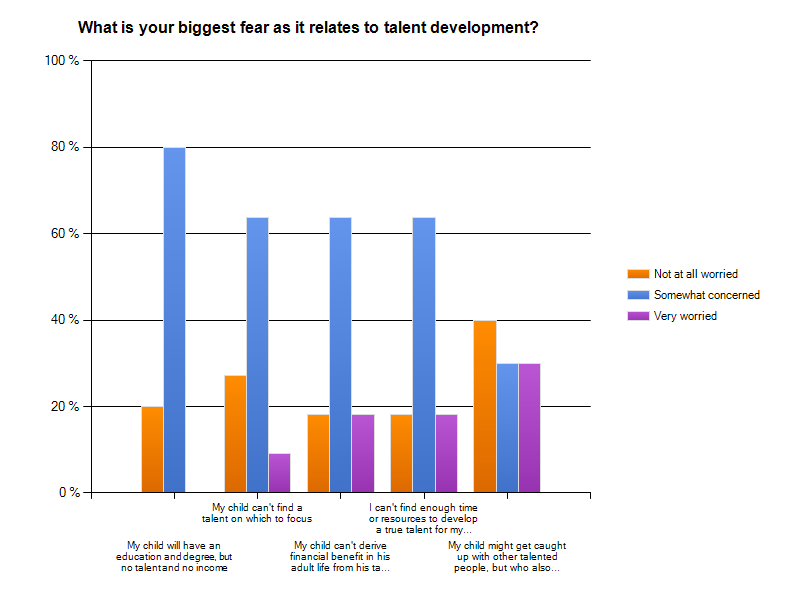
Part of the power of putting in 10,000 hours of deliberate focus on a talent is that it makes it very hard for those who adopt a talent late in life (such as right after college) to come anywhere close to out-performing those who develop their talent early in their childhood. Consider for example that if a child writes about some aspect of his talent, say WWII history, three times a week from age 10 to age 20, that he would have put in over 2,000 writings well before the average college student has even started on a major that has a similar historical focus. If your child majors in history with a WWII focus, he has already out-thought all the others on that same subject by a 2,000 fold factor! Where others don’t even know they could eventually have a unique voice, your child would come across as amazingly confident, dripping with conceptual and tactical details, and supremely at ease in his already well-developed voice. At that point in time, of all the student portfolios, who do you think a college professor or a prospective employer would rather have a second interview with?




